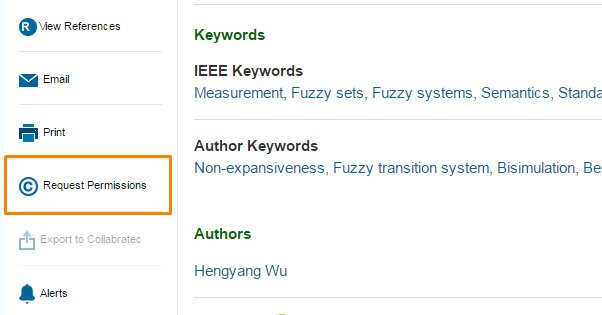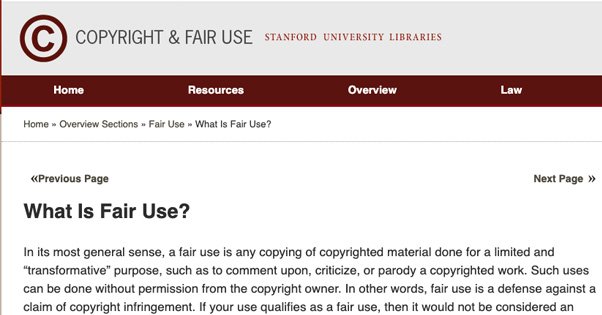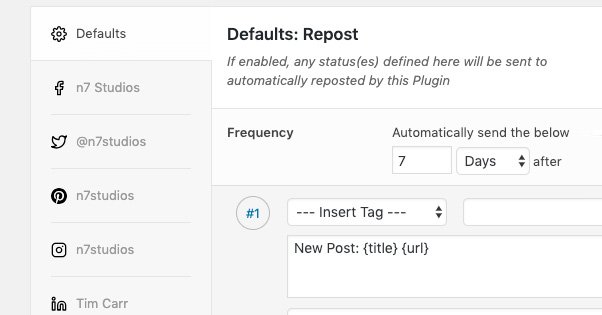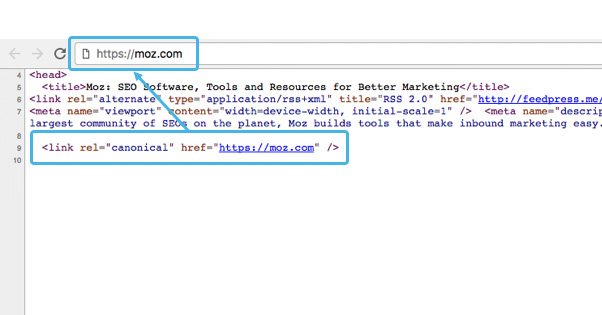Is It Safe to Repost Blog Posts on Your Blog?
Published by Kenny Novak • Content Marketing • Posted January 4, 2022 ContentPowered.com
ContentPowered.com
As you run a blog, you accumulate content. Content stacks up day after day, week after week, year after year. Eventually, even a small, casual site can have hundreds or even thousands of old blog posts.
The cruel fact of the internet is that, in most cases, most older content is simply worthless. Think about every pop culture news site; how many people want to go back today and read old articles talking about screenshots from an upcoming Game of Thrones episode, or rumors about the plot of Avengers Endgame, or articles announcing the release dates of various movies from 2011?
Sure, some of that content may be of interest to pop culture historians, but other bits of it are not. Who needs old articles about movie release dates when you have Wikipedia and IMDB to give you that information? When it’s news, it drives traffic. When it’s not, it just takes up space on a hard drive somewhere.
Now, some of that old content isn’t completely worthless. There’s an argument to be made that the backlog of old content helps Google maintain an adequate index of your site, and more importantly, allows them to extremely accurately categorize your site as relevant for various queries. Maybe your pop culture site hasn’t written about books in a few months, but your backlog of book reviews lets Google know that you do cover those as well as movies and TV.
Some old content is valuable, as well. We marketers call it evergreen content, after the trees. Content that stays green all year ‘round, even when winter chill is turning other trees brown and barren.
The question is, can your old content be used for something else? Can you repost it for value, or is that something Google will consider a spam technique and penalize you for trying?
Content Reposting Factors
First, let’s consider several factors. These will help you determine if it’s okay to repost a piece of content, or if it isn’t.
Before we begin, I will note that Google does not care if you repost content within certain parameters. As long as you aren’t breaking other rules – like rules against copied content – you’re not going to be penalized for reposting content. However, I will say that Google is also aware when all you do is change the date on a piece of content. They know it’s old, because it’s been in their index for however long it has existed. Changing the date might fool web users, but it won’t fool search engines.
Is the content yours, or someone else’s? This is the first major question you need to answer. If the content is yours, you can generally repost it without issues. If the content is not yours, you may need permission from the person who created it. If they’re a writer who wrote it under contract for you, chances are you own the copyright for it and can do whatever you want with it. If it’s not written under contract for you, however, chances are you don’t have the rights to do anything with it.
I’ve seen a few business owners hire a writer and then try to use everything the writer has ever written, even when that content was produced for someone else. Freelancers often have multiple clients, and those clients are entirely separate. The key here is always going to be copyright; if you don’t own the copyright to a piece of content, you can’t do anything to it outside of the dictates of fair use. Fair use is a complicated subject, but then again, if you’re thinking in terms of “repost” and not “parody”, you’re probably not in the arena of fair use in the first place.
Is the content on your website, or someone else’s? This may seem like it’s the same question as the above, but it has some slight differences. There can be content on your site that was written by someone else, such as in the case of guest posts or posts from writers who have since left the site. There can also be content you wrote that is on other websites, as in guest posts again.
Again, whether or not you can repost a piece of content here mostly comes down to copyright. Do you own the copyright to the material? Or, rather, does your business? Content written for your website is generally owned by your website. Content you write and submit as a guest post to another website is typically owned by that other website.
So, no, generally you cannot publish guest posts you wrote for other sites on your own site, at least not without permission. Those sites may have a clause in their contract saying you can do whatever you want with it after a year, but those are rare in comparison to those that simply own rights in perpetuity. Always make sure you read your contracts, friends!
Is the content evergreen or deciduous? You can repost both kinds of content, but you have a choice to make regarding them.
For evergreen content, remember that it’s evergreen because it still has value. Reposting it might not do anything for you. If all you’re doing is bumping it to the top of your feed and giving it a new date, sure, you may bring in an influx of new readers with it. On the other hand, if you intend to publish it on a new URL to make it look like new content, you’re removing the existing value from the old content when you do. All the existing links and traffic will disappear, even if you implement a redirect, since SEO value typically doesn’t flow through redirects without a good reason.
For deciduous content, you can remember that the old version of the content has no existing value. The question becomes: is it something you can repost that will have value, or will you have to add new value to it?
For example, if I had a blog post talking about the release of Avengers Endgame and I reposted it as if it was news, it would just look dumb. People would wonder what system glitched and why I was posting such a worthless article. It would take a lot of effort to edit that post into something people want to see, like making it focus on whatever Avengers film is coming up next, or focusing on the DVD release of Endgame.
On the other hand, The Onion has a particular post they repost with regularity, and it has value every time they do it. All they do is change a few names, numbers, and a photo, and it’s as relevant now as it was when it was first written. The individual information isn’t evergreen, but the post is, in a distressing way.
Do you intend to refresh the content or post it unchanged? This is one of the main questions you have to answer, and it’s what makes the decision between reposting content and repurposing content. It’s entirely possible, and often a good idea, to repurpose old content to refresh it for a new audience.
Types of Reposts
There are a few different ways you can repost content on the web, so it’s a good idea to know what method you want to use.
The first option is to repost your own old content, particularly evergreen content, to get a new wave of promotion and exposure. This works best with evergreen content when you don’t need to change anything; all you do is bump it to the top of your blog feed and send it through your promotion engine again. If the content maintained enough value, you will build your audience and your traffic with another round of exposure.
Another way to think of this is a “social repost” since, often, there’s not much need to change or actually repost the content in the first place. All you’re doing is posting it on social media again. Bumping it to the top of your blog feed is unusual, but not very difficult to do.
The second option is to enter in a syndication agreement. This is, in fact, pretty much the only way you’re going to be able to repost content from other sites without getting in trouble.
Syndication agreements are agreements you make with other sites to share content. Typically, they will post the article first, and you will come in and repost it word for word on your website, usually anywhere from a week to a month later. Some syndication sites repost almost immediately, since they deal with news, like Yahoo News.
The way it works is that the larger site like Yahoo doesn’t want to produce all of their content, so they enter into syndication agreements with other sites, blogs, and newspapers. Those sites publish content that is also published on Yahoo. Yahoo reaps the benefits of having that content for their audience, while the source site gets the SEO value and, usually, a link or mention in the Yahoo version of the article. For example, this post taken from their home page as I’m writing this is actually written and originally published on Bloomberg. You can see the source version of it here.
Syndication agreements are often best handled between equals, because if a small site tries to be syndicated by Yahoo, Yahoo will get pretty much all of the attention. A nofollowed link from Yahoo isn’t worth much, and even if Google recognizes the canonicalization, it’s not going to do them much good. More on canonicalization in a moment.
Another way to repost content is to repurpose it, as I mentioned above. You can take an older piece of content and refresh it to be relevant to a modern audience. You can edit information to make it more accurate in a new era. You can even take old list posts and expand each item on the list to be a full article, and use the old one as a table of contents.
The trick is knowing what content is worth updating and what isn’t. There’s a lot of content that just isn’t valuable enough to be worth the effort. Right now, I wouldn’t go back and try to refresh a post about, say, Google Authorship, because the system is dead and there’s no value in writing about it.
A Note on Canonicalization
Canonicalization is the act of identifying multiple copies of a piece of content and flagging them all so they identify which one is the “real” one. In SEO terms, it means using the HTML attribute in your meta data that looks like this:
<link rel=”canonical” href=”www.originalsource.com”>
This bit of code will tell Google and anyone who looks that the link specified is the original source of the content. If you syndicate something, you should canonicalize the original source in your meta data.
You don’t need to canonicalize anything that you aren’t duplicating, and you shouldn’t duplicate anything you aren’t updating. Canonicalization is useful for preventing duplicate content penalties and for flagging syndication, but otherwise it’s mostly used for cases where one page might have numerous URLs, such as dynamically generated pages.
Whenever you’re planning to repost a piece of content, I highly recommend avoiding duplicating content at all. If you don’t own the content, it’s content theft. If you do own the content, you can either bump the old content without changing the URL and thus losing the SEO value, or you can delete the old content when you post the new content at a new URL. There’s no reason to maintain two copies of the same content.











